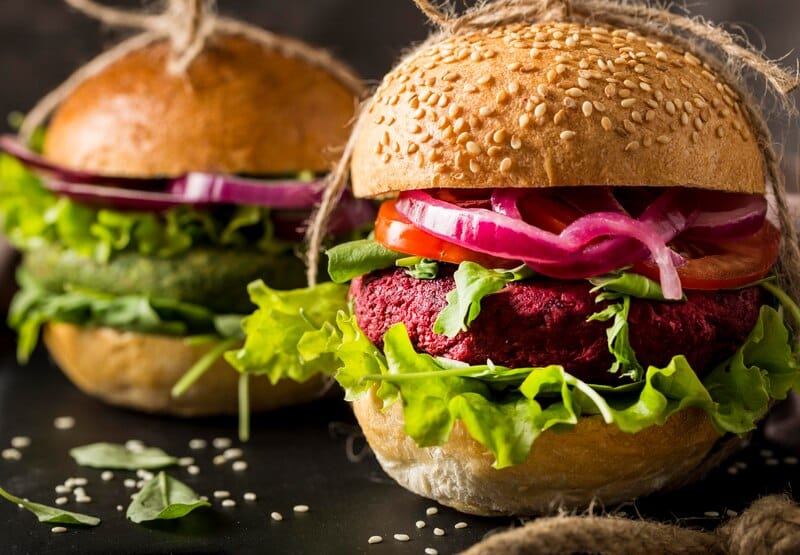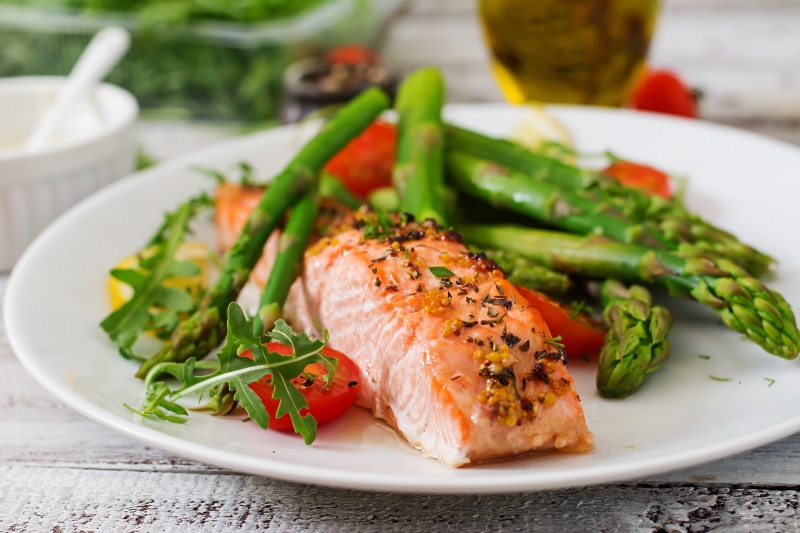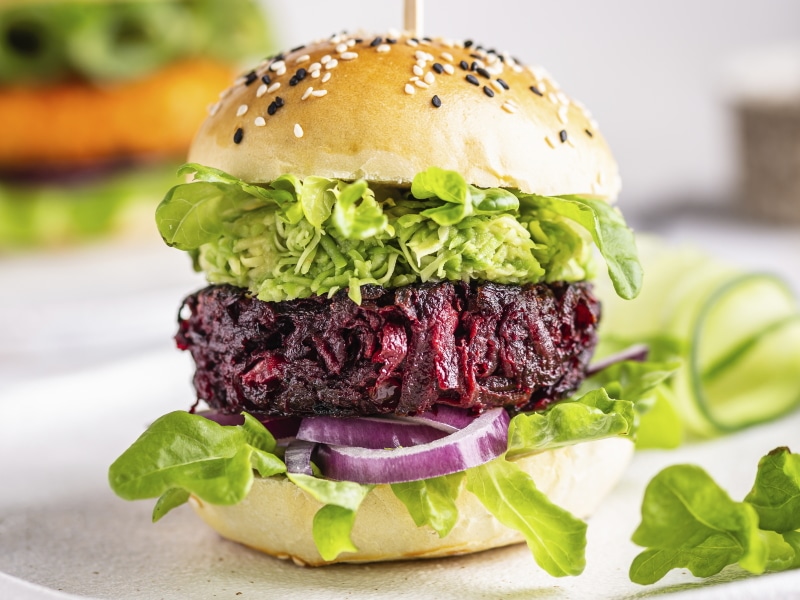A recent study that was published in the Journal of Nutrition demonstrated that mycoprotein generated from fungi is just as efficient as animal protein in boosting muscle development when it is combined with resistance training.
According to the findings of a new study that were published in the Journal of Nutrition, mycoprotein, which is derived from fungi and is also frequently referred to as mushroom meat, is just as effective as animal protein in boosting the growth of muscle when engaging in strength exercise.
According to the researchers who conducted the study at the University of Exeter in the United Kingdom, it is the first of its kind to investigate whether or not a vegan diet that is abundant in mycoprotein can support muscle growth during resistance training to the same extent as an omnivorous diet. The news comes at a time when an increasing number of adults are cutting back on their meat consumption; according to the most recent statistics, there are currently more than seven million adults who do not consume any meat in their diet.
The randomized clinical trial was conducted in two separate phases. In the first phase of the study, sixteen young adults in good health followed a diet for three days during which their protein came from either omnivore or solely vegan (mostly mycoprotein made by the vegetarian brand Quorn) sources. During this phase, comprehensive measurements of metabolism were collected.
In the second phase of the study, twenty-two young adults in good health performed a high-volume, progressive resistance exercise program lasting ten weeks. During this time, they also consumed either an omnivore diet rich in protein or a vegan diet rich in mycoprotein.
The findings showed that both diets led to improvements in muscle mass and strength that were equivalent to one another, indicating that there was no discernible difference between the two diets. The group that consumed a high-protein omnivore diet increased their whole-body lean mass by 2.6 kilograms (5.7 pounds), while the group that consumed a vegan diet increased their lean mass by 3.1 kilograms (6.8 lbs). During the duration of the experiment, participants in both groups experienced a rise in the size of their thigh muscles that was equivalent to 8.3 percent.
In light of these findings, the research team came to the conclusion that when it comes to increasing muscle mass through strength training, a vegan diet that is rich in mycoprotein can be just as beneficial as an omnivore diet that is high in protein.
Is it possible to gain muscle while adhering to a vegan diet?
This study is the most recent one to establish the efficacy of mycoprotein in the process of constructing muscle. A study that was conducted and published by the University of Exeter in 2020 discovered that mycoprotein builds muscle to a greater extent than milk protein, and a study that was conducted and published by the University of Exeter in 2021 concluded that a vegan diet high in mycoprotein helps older adults maintain their muscle tissue.

On the other hand, the most recent study is the first of its kind to directly compare mycoprotein to an omnivorous diet, which includes meat, and to do so over a prolonged time of “free living” for 10 weeks as part of the participants’ regular lives.
Following a diet that is high in protein has been shown time and again to be beneficial to the process of growing muscle. Alistair Monteyne, the researcher who oversaw the experiment at the University of Exeter and who made the comment, indicated that the experiment went very well.
“However, it was previously unclear as to whether non-animal derived diets and non-animal derived protein sources, such as Quorn’s mycoprotein, could support muscle building during resistance training to the same extent as omnivorous diets and animal-derived protein sources.” [Citation needed] “However, it was previously unclear as to whether non-animal derived diets and non-animal derived protein sources, such as Quorn’s mycoprotein.”
According to Monteyne, “We now have a substantial body of evidence, perhaps more than is available for any other alternative protein source, to show that mycoprotein is an effective protein food to support the maintenance and growth of muscle,” and he went on to say that this evidence shows that mycoprotein is an effective protein food.
What exactly does “mushroom meat” mean?
Fungi are the source of the naturally high-fiber, single-cell protein that is found in mushrooms. Mushroom flesh. The most well-known manufacturer of items containing this form of protein is Quorn, which launched its first line of goods in 1985. These goods were produced with the help of a fungus microbe known as “Fusarium Venenatum.” The company has introduced a wide variety of meatless grounds, sausage, chicken, and other products that are based on mycoprotein through the use of the method of microbial fermentation.
A diet that is high in protein and fiber, low in saturated fat, and free from trans fat and cholesterol is produced by fermenting fungus that is sourced from the soil with nutrients that are manufactured from maize and wheat and important minerals.

Research indicates that in addition to having a high nutritional profile, the structural complexity of the cell wall of mycoprotein, which is maintained throughout the production process, may be the reason why it is beneficial to metabolic health. Moreover, it is a complete protein, which indicates that it consists of all nine of the important amino acids that are required by our systems.
Mycoprotein has also been discovered to be connected to beneficial effects on gut health and a reduction in levels of genotoxins that are known to promote colon cancer in other research.
Vegan proteins have a lower impact on the environment.
The report, which was authored by researchers from the University of Exeter, found that the regular and widespread consumption of meat-free proteins could be one of three “super leverage points” that could give hope for a breakthrough on climate change through reducing emissions from livestock farming. This led to the current study, which was published after the report was published.

It is positive that a high-quality meat-free protein that is scientifically proven to build muscle mass at a rate comparable to any animal-derived protein is available, said Tim Finnigan, Scientific Advisor for Quorn Foods, in a statement. “At a time when a growing number of people are following official dietary advice to consume less meat for the sake of their health and the planet, it is positive that a high-quality meat-free protein that is scientifically proven to build muscle mass,”
“This study builds on a growing body of independently conducted research, which is thought to be the largest to exist for any alternative protein,” the authors write. “This study clearly demonstrates mycoprotein’s nutritional excellence as a complete protein with a proven ability to protect against a range of diseases and health conditions.”








